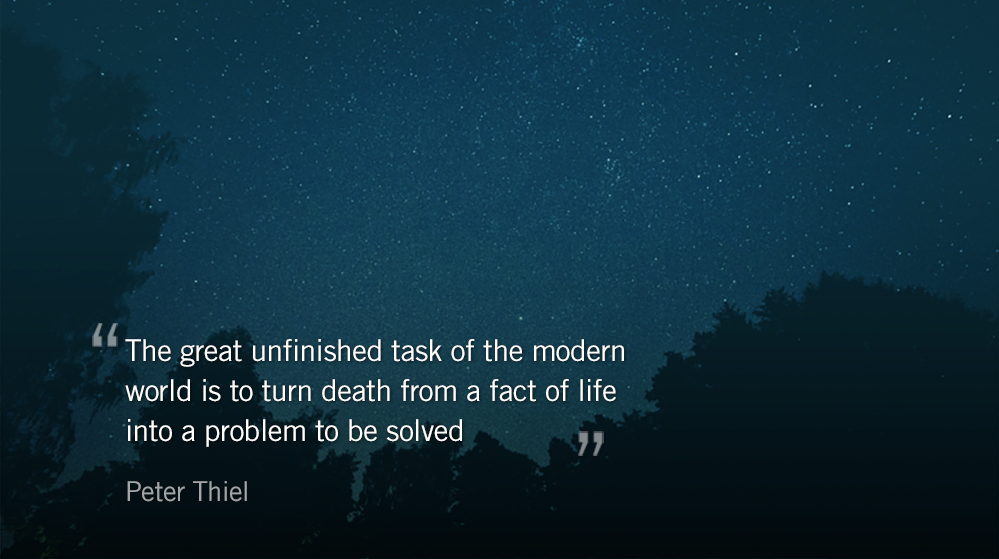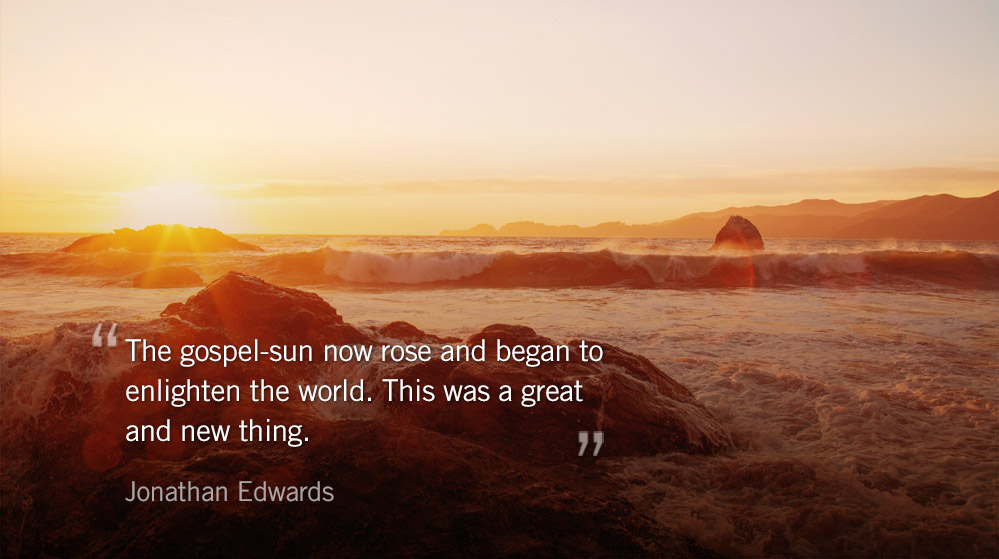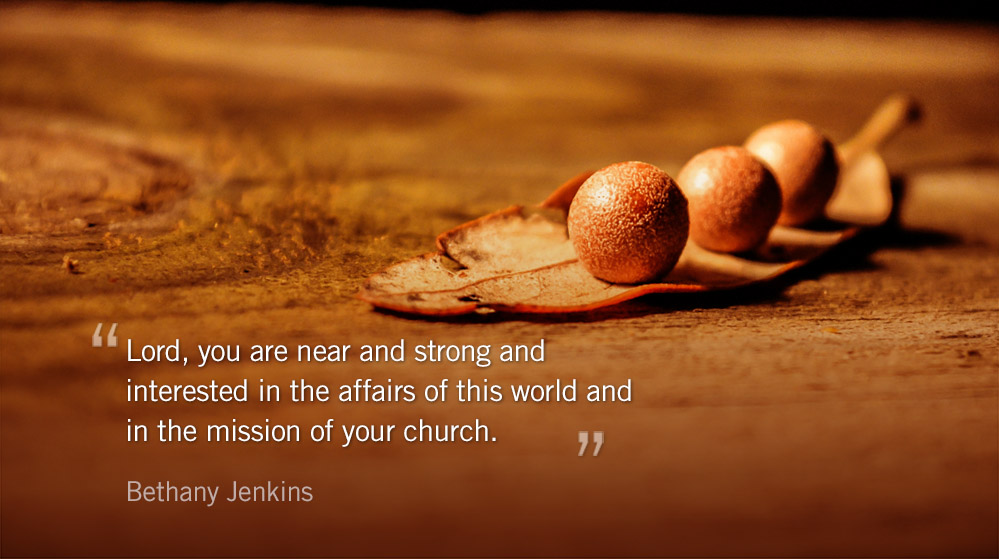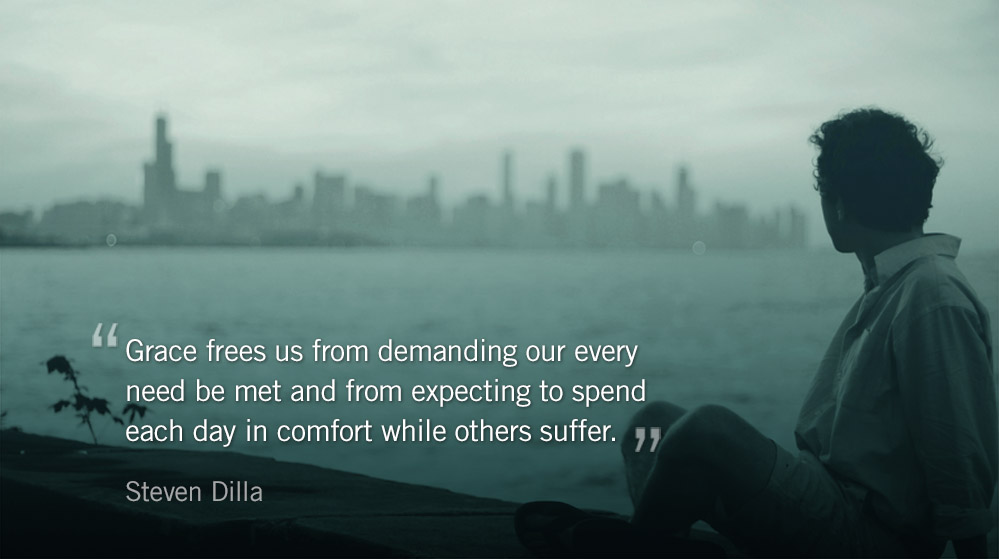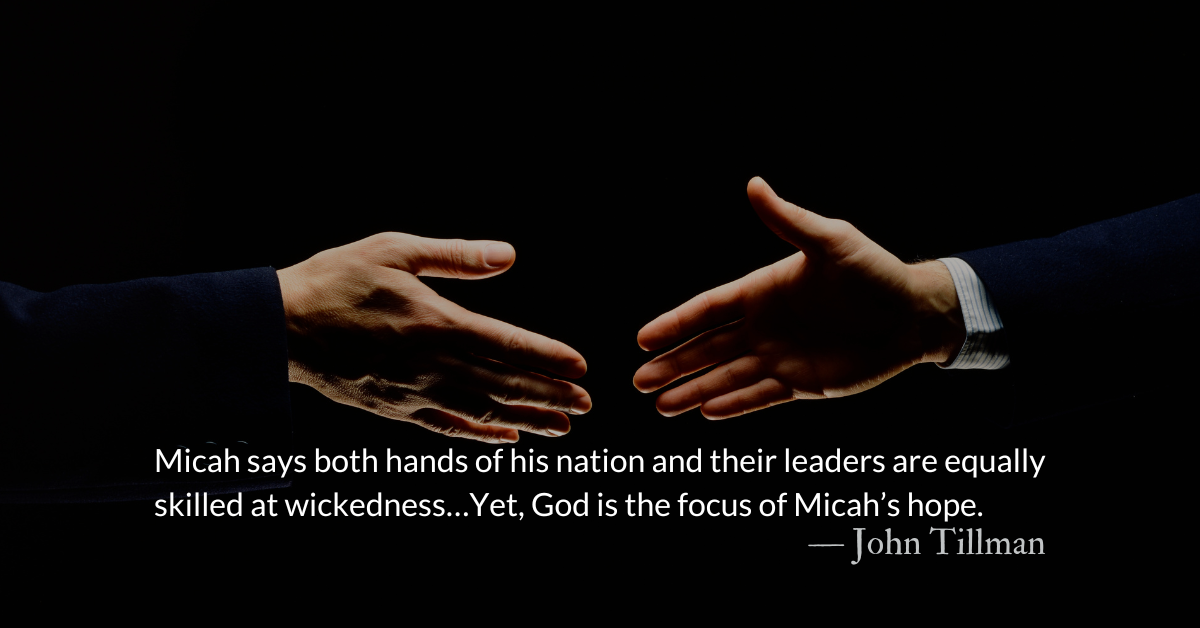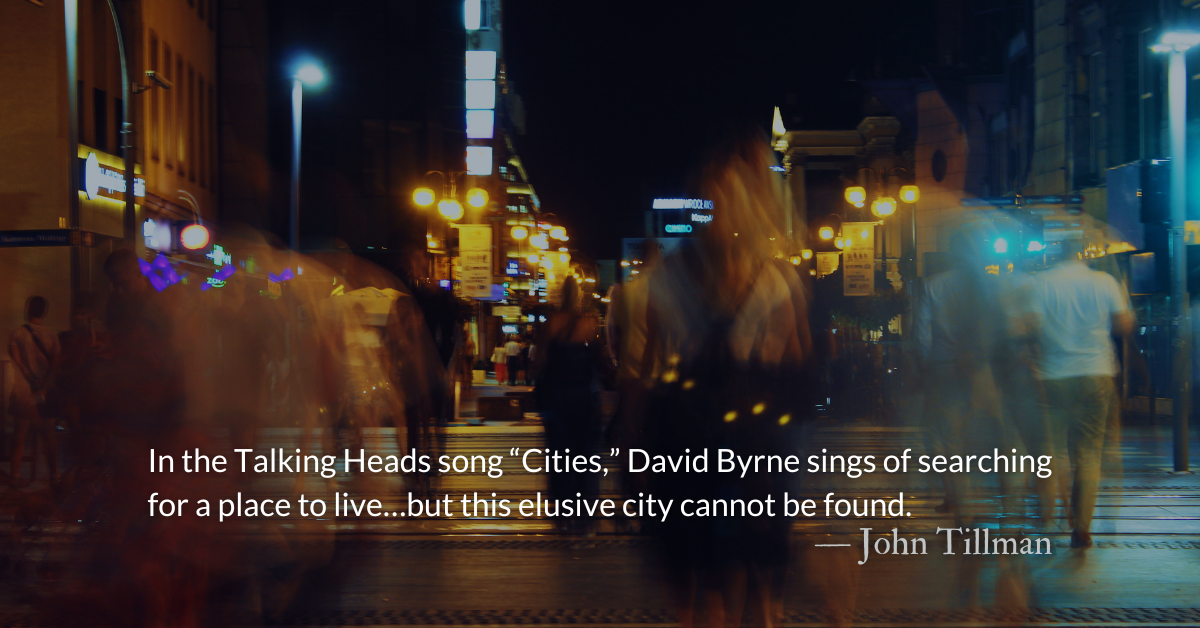“In this world nothing can be said to be certain, except death and taxes.” — Benjamin Franklin
Franklin could not have foreseen Silicon Valley. Today’s tech elite feel differently (possibly about both issues, but we’ll focus on the desire to upgrade life for this weekend.)
“Death makes me very angry. Premature death makes me angrier still” says Larry Ellison, the founder of Oracle who has invested over $430 million into anti-aging research.
Peter Thiel — who co-founded PayPal and Palantir, and has a net worth over $2.2 billion — told Sonia Arisen, “The great unfinished task of the modern world is to turn death from a fact of life into a problem to be solved — a problem towards whose solution I hope to contribute in whatever way I can.”
The Washington Post describes Thiel as, “the embodiment of Silicon Valley culture at its individualistic, impatient extreme,” and he is at the helm of modern tech’s latest quest: to end death.
Max Anderson posted on Forbes about Thiel’s recent conversation with N.T. Wright:
“For Thiel, life is a self-evident good and death is the opposite of life. Therefore death is a problem, and as he says there are three main ways of approaching it. ‘You can accept it, you can deny it or you can fight it. I think our society is dominated by people who are into denial or acceptance, and I prefer to fight it.’ Whether we can successfully fight death is a question about the nature of nature and about our ability to understand it. Whether we should try to fight death is a question of our philosophy and our theology.”
Anderson quotes N.T. Wright from Surprised by Hope:
“The point of the resurrection…is that the present bodily life is not valueless just because it will die…What you do with your body in the present matters because God has a great future in store for it…What you do in the present — by painting, preaching, singing, sewing, praying, teaching, building hospitals, digging wells, campaigning for justice, writing poems, caring for the needy, loving your neighbor as yourself — will last into God’s future. These activities are not simply ways of making the present life a little less beastly, a little more bearable, until the day when we leave it behind altogether (as the hymn so mistakenly puts it…). They are part of what we may call building for God’s kingdom.”
Today’s Readings
Judges 7 (Listen – 4:39)
Acts 11 (Listen – 3:52)
This Weekend’s Readings
Saturday: Judges 8 (Listen – 5:08); Acts 12 (Listen – 3:49)
Sunday: Judges 9 (Listen – 8:22); Acts 13 (Listen – 7:36)
The Weekend Reading List
- Peter Thiel, N.T. Wright On Technology, Hope, And The End Of Death by Max Anderson
- Tech Titans’ Latest Project: Defy Death by Ariana Eunjung Cha
- 100 Plus: How the Coming Age of Longevity Will Change Everything, From Careers and Relationships to Family and Faith by Sonia Arisen (Basic Books, 2011)
- Surprised by Hope: Rethinking Heaven, the Resurrection, and the Mission of the Church by N.T. Wright (HarperOne, 2008)

